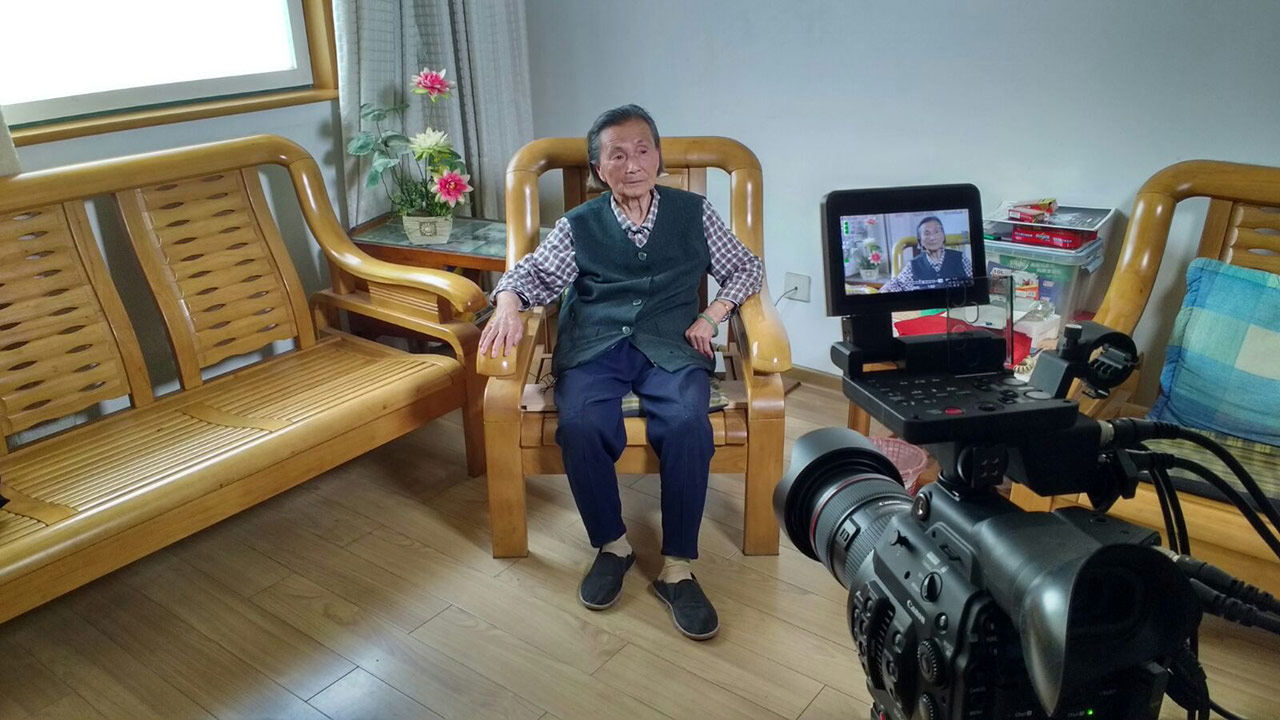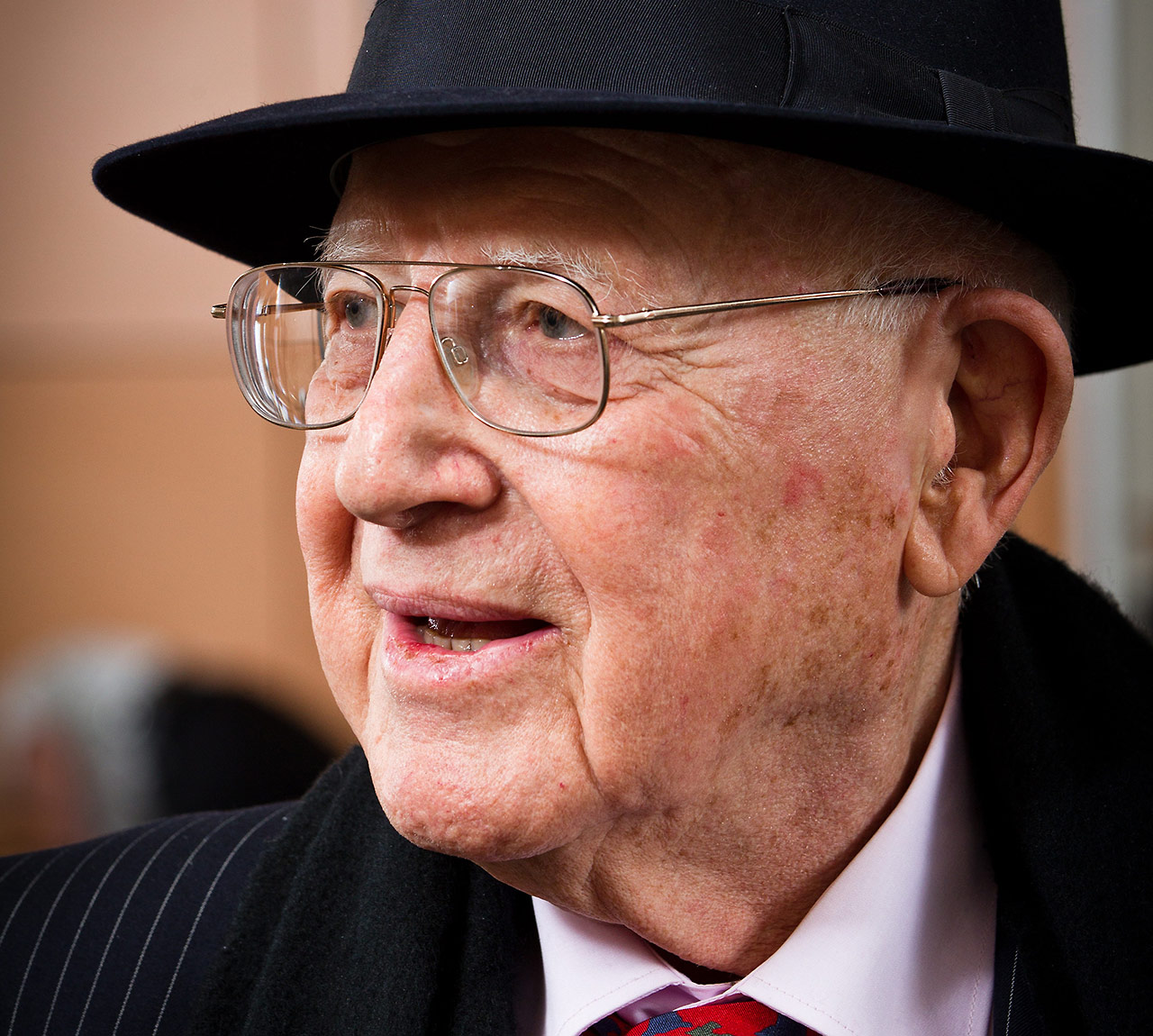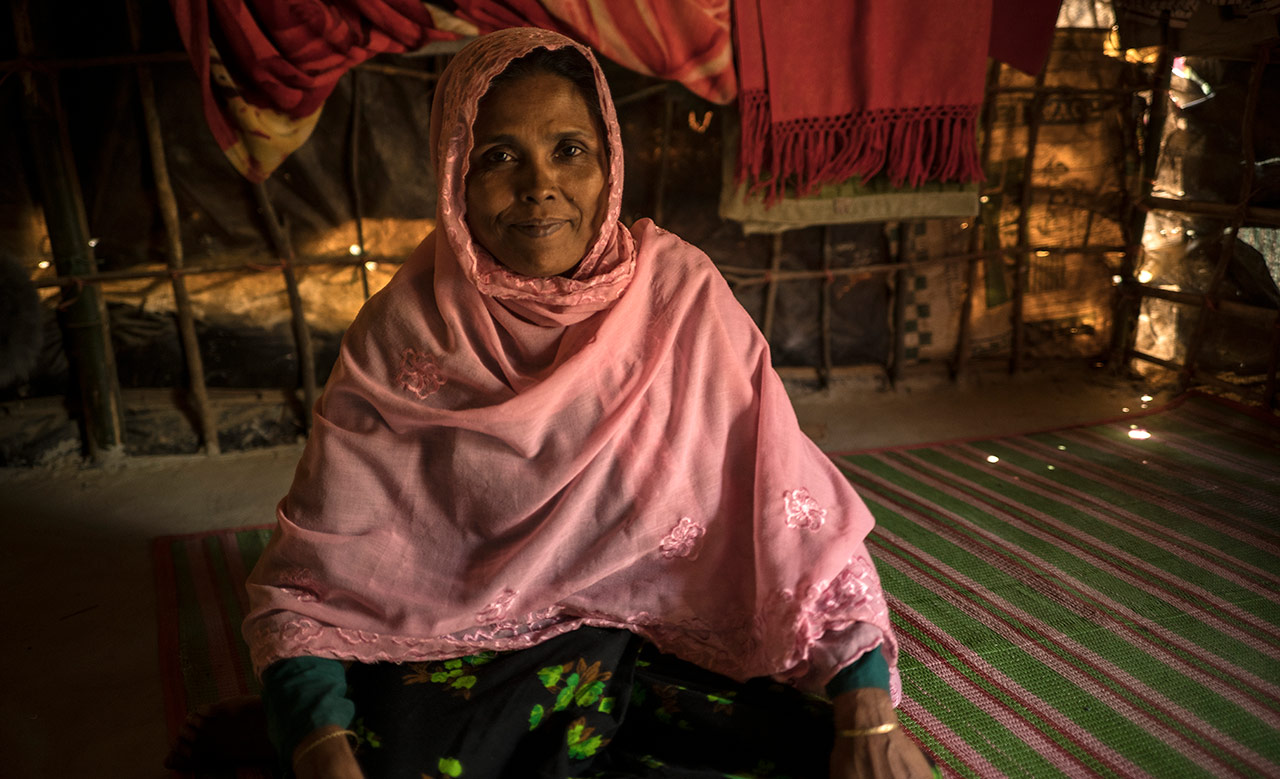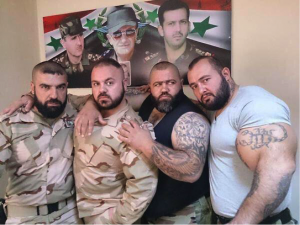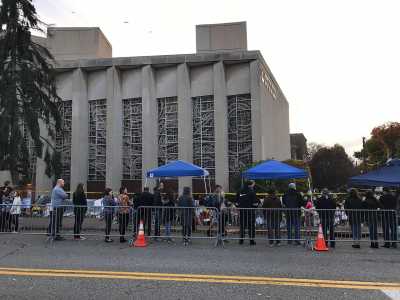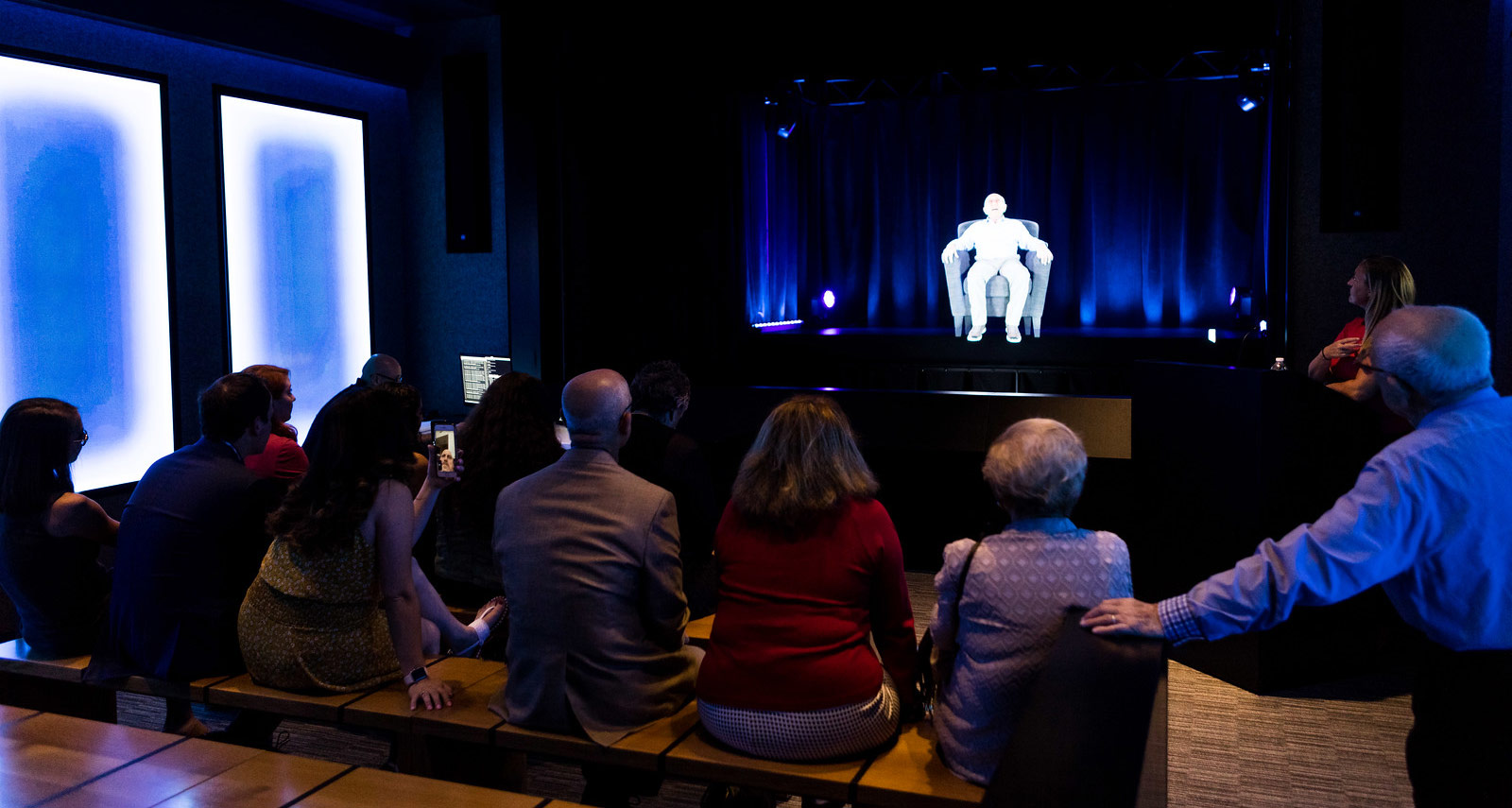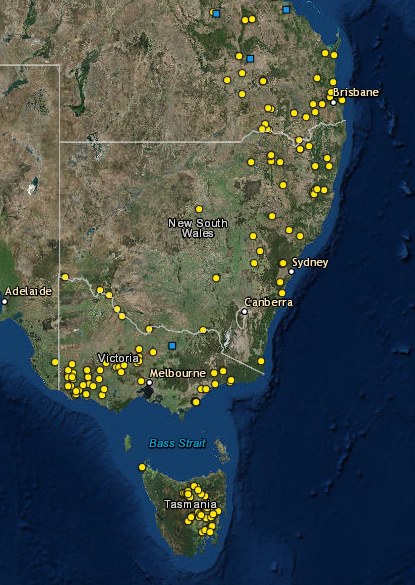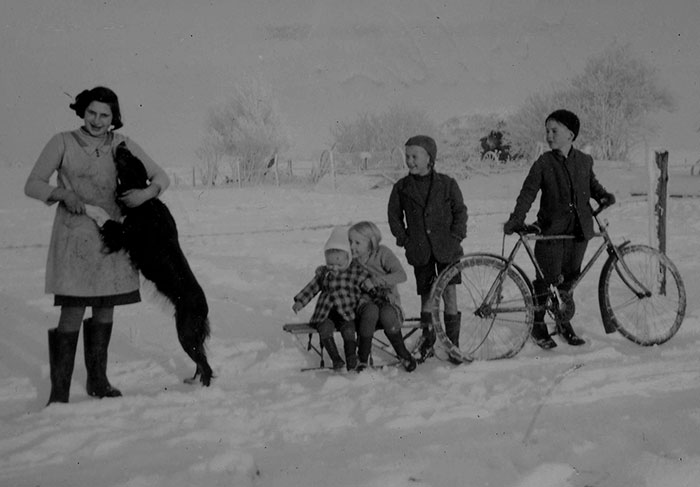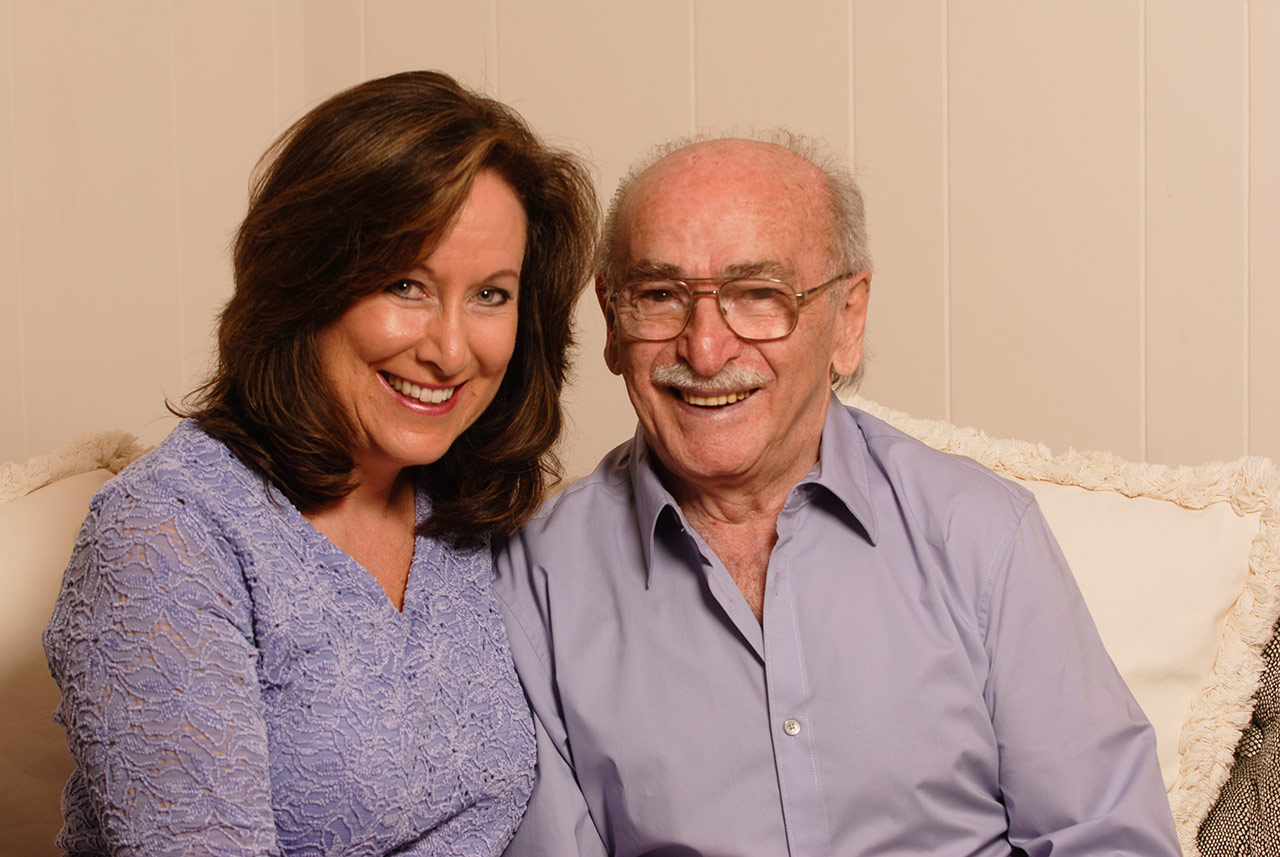In China, the number of people still alive who survived the 1937 Nanjing Massacre at the hands of Japanese invaders has fallen to minuscule levels – some experts put the number around 80.
USC Shoah Foundation’s collection of about 100 testimonies of survivors from this rampage that killed some 300,000 civilians and unarmed soldiers includes the vast majority of them.
This fall, the Institute reached a milestone: The entire collection of Nanjing testimonies has been indexed and subtitled in English.
Today we mourn the loss of one of our closest friends, Branko Lustig, a Holocaust survivor and two-time Academy Award winner who produced Schindler’s List and played an indispensable role in the founding of USC Shoah Foundation. He was 87.
Shortly after the film’s 1993 release, Lustig -- who witnessed horrific atrocities at Auschwitz, Bergen-Belsen and other concentration and labor camps -- led the drive to implement Steven Spielberg’s vision of collecting 50,000 Holocaust testimonies for what was then called Survivors of the Shoah Visual History Foundation.
An ISIS commander. Victims of the Cambodian and Bosnian genocides. Inmates at Guantanamo Bay.
They are among the many subjects portrayed in the work of three women who spoke this week about their experiences as journalists and filmmakers working in conflict zones and with traumatized individuals on a USC Visions & Voices panel jointly organized by USC Shoah Foundation and the USC Fisher Museum of Art.
Leading up to the one-year anniversary of the deadly synagogue shooting in Pittsburgh, USC Shoah Foundation staff members trained educators in that metro area last week about how to use video testimonies of Holocaust witnesses as a tool to teach empathy, understanding and respect.
When Ursula Martens was a little girl living in Germany, she was happy to be forced by law at age 10 to join the Hitler Youth.
“Everything was free,” she said. “You could go to theaters. … They would send you on vacations with other children at nice resorts.”
It wasn’t until she was a little older that she realized something was wrong.
The Dallas Holocaust and Human Rights Museum this month became the second in the world to install a permanent theater to display Dimensions in Testimony – an interactive, holographic project developed by USC Shoah Foundation that will allow visitors to interact with a Holocaust survivor long after they are no longer with us.
In 2020, on Indigenous Peoples' Day (formerly known as Columbus Day) -- October 12, 2020 -- the USC Shoah Foundation Center for Advanced Genocide Research will launch a three-day international conference entitled “Mass Violence and Its Lasting Impact on Indigenous Peoples - The Case of the Americas and Australia/Pacific Region”.
We are saddened to hear of the recent passing of Jack Welner, who survived a Jewish ghetto in Poland, a labor camp near the Dachau concentration camp in Germany, and the Auschwitz Nazi death camp in Poland – where his mother was murdered on arrival – before immigrating to Denver, Colorado, where he began a new life. He was 98.
When Welner gave his testimony to USC Shoah Foundation in 1995, it changed his life.
